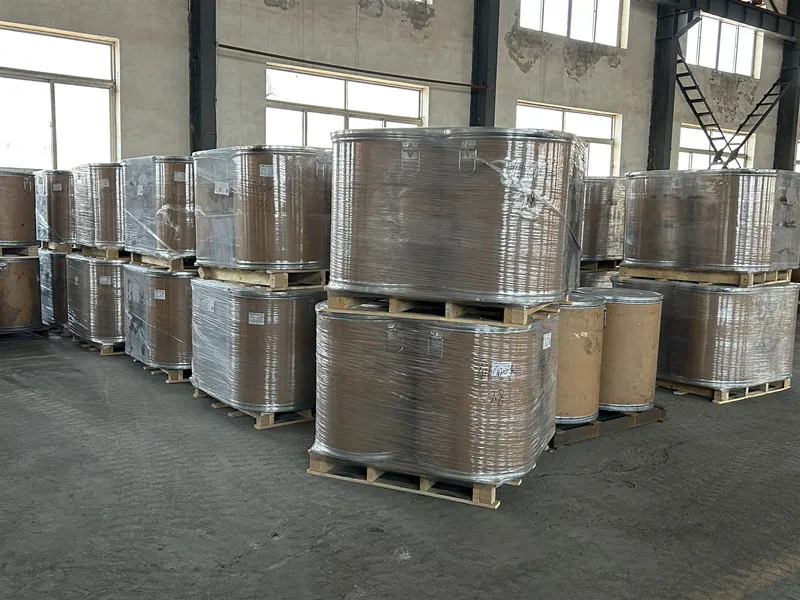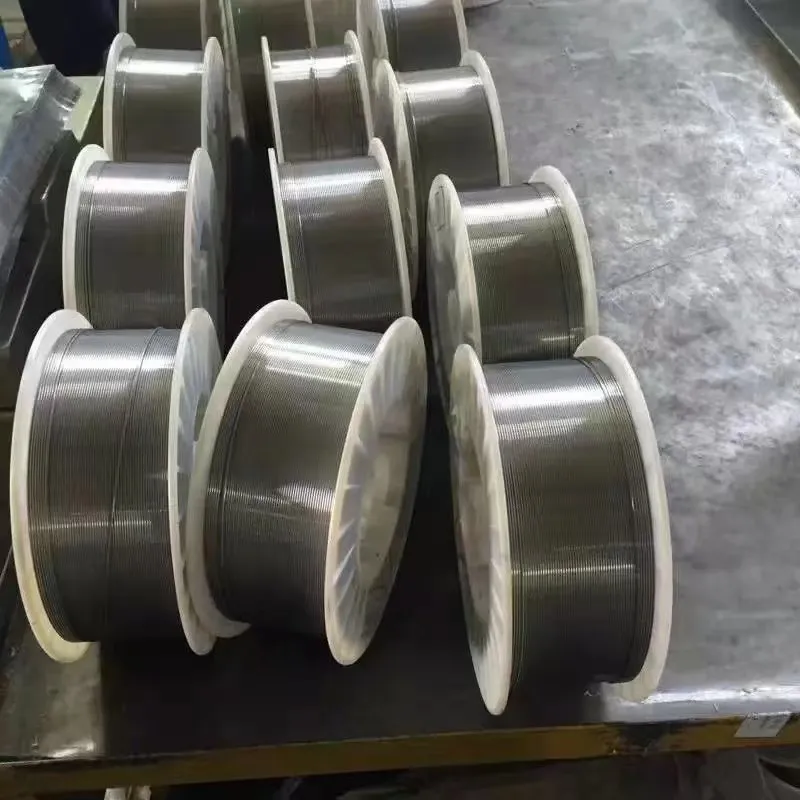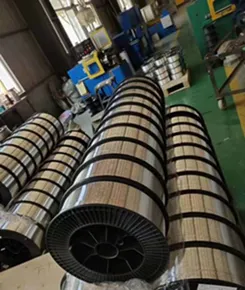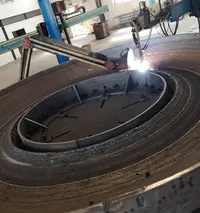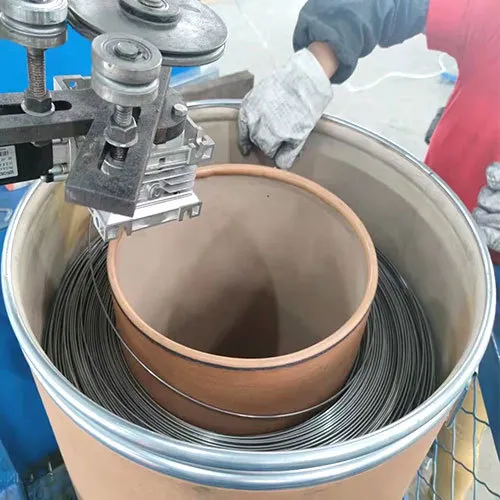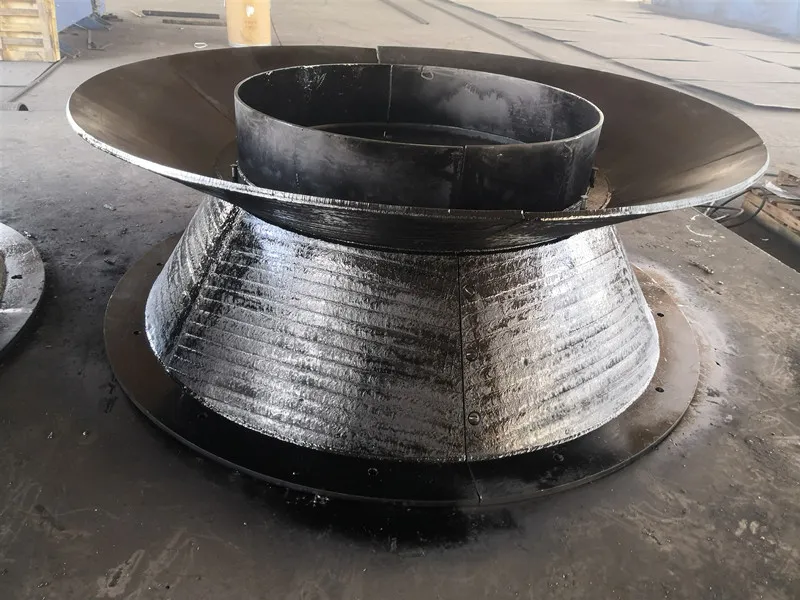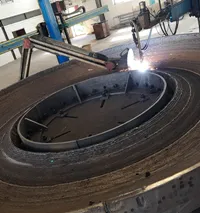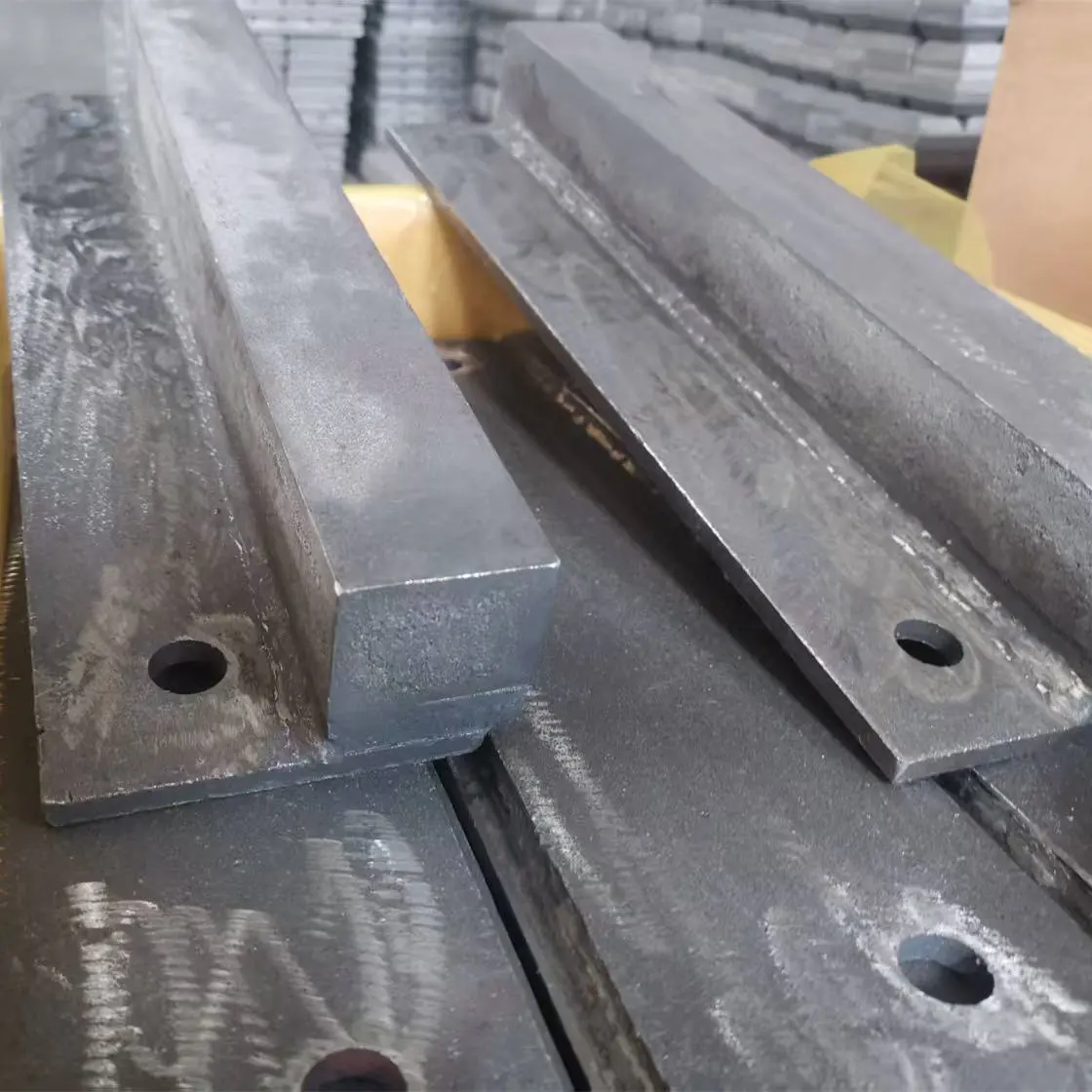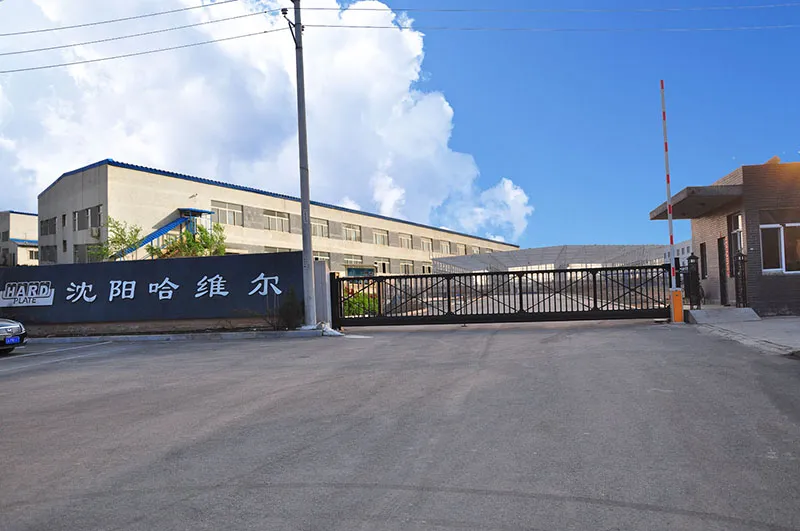The Application Prospects of Special Welding Rods: Revolutionizing Industrial Connection Technology and Future Applications
Special welding rods are a type of high-end filler material designed specifically to solve complex connection problems that conventional electrodes cannot handle. These advanced consumables use customized alloy formulas, proprietary coatings, and metallurgical structural designs to effectively overcome issues such as thermal stress mismatch, corrosion sensitivity, and joint embrittlement. As global industries continue to push the boundaries of materials science and manufacturing complexity, the application prospects for special welding rods are experiencing unprecedented growth.
Industry-specific applications
1.Power generation and petrochemical infrastructure:
In high-parameter power plants, special welding rods (such as EN317 nickel-chromium-molybdenum alloy) can solve catastrophic failure problems in ferritic-austenitic dissimilar steel joints. By suppressing carbon migration and thermal stress cracking, these welding rods can extend the lifespan of boiler tubes by 300–400%⁶ in cyclic thermal environments. As next-generation nuclear energy and supercritical technologies develop, their role is becoming increasingly critical.
2.Automotive Electrification and Lightweighting:
With the growing demand for aluminum-intensive designs in electric vehicles, specialized aluminum TIG welding rods are growing at an annual rate of 18%. These rods are used in battery tray manufacturing, motor housing connections, and collision repair applications, where avoiding zinc contamination is critical. Meanwhile, resistance spot welding actuators now incorporate dedicated electrodes capable of over 20 million welds with force repeatability of ±3%—a critical factor for efficient electric vehicle assembly.
3.Marine and Renewable Energy:
Offshore wind turbine monopile foundations, hydrogen storage tanks, and desalination plants utilize aluminum-magnesium (Al-Mg) and super duplex stainless steel bars. These materials effectively resist seawater corrosion, stress corrosion cracking, and erosion caused by biofouling. Notably, Al-Mg bars containing 5% magnesium exhibit a 25% increase in strength compared to standard ER5356 alloy after welding, directly extending the service life of infrastructure in corrosive environments.

